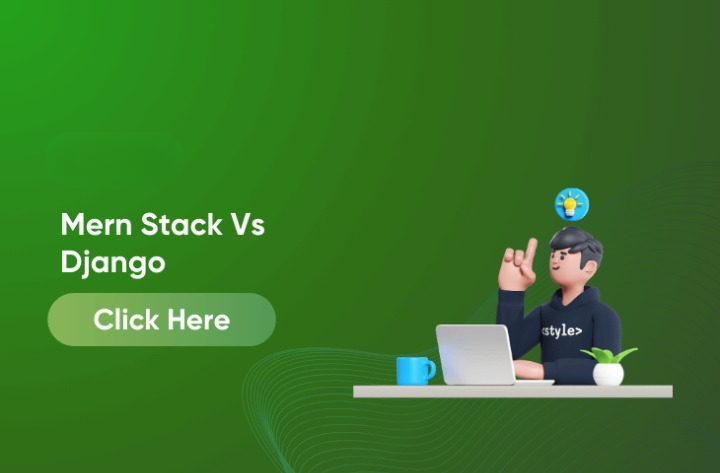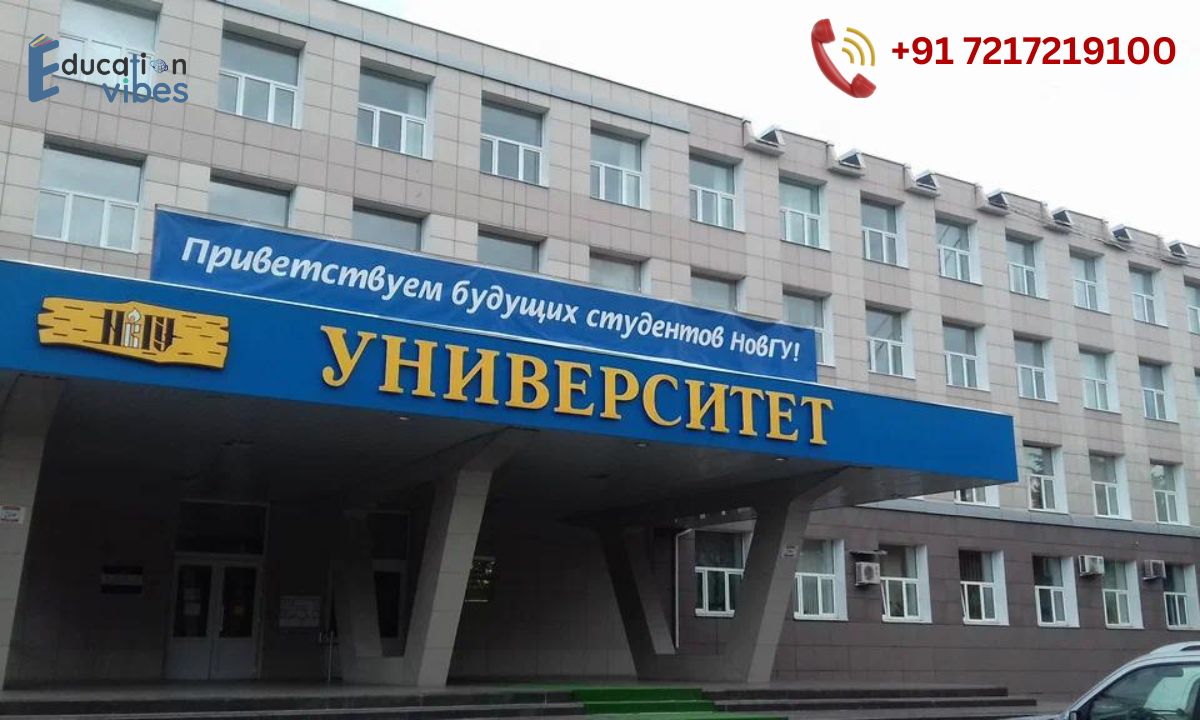Introduction
In the dynamic realm of web development, selecting the optimal technology stack is crucial for project success. Two prominent contenders in 2024 are the MERN stack and Django, each offering unique advantages. The MERN stack, comprising MongoDB, Express.js, React, and Node.js, is a JavaScript-based solution. The MERN Stack Certification course is known for its scalability and performance. Django, a high-level Python web framework, is celebrated for its rapid development capabilities and robust security features. The comparison between MERN Stack VS Django explores the strengths and weaknesses of both stacks, helping developers and businesses determine the best fit for their web application needs.
MERN Stack VS Django
In the ever-evolving landscape of web development, choosing the right technology stack is crucial for the success of a project. Two popular choices for building robust web applications are the MERN stack and Django. Both have their strengths and cater to different needs, making it essential to understand their features, benefits, and drawbacks to determine which one is better in 2024.
Overview of MERN Stack Vs Django
MERN Stack:
The MERN stack comprises MongoDB, Express.js, React, and Node.js. It is a full-stack JavaScript solution that facilitates end-to-end development using a single language. The MERN stack is renowned for its scalability, performance, and the rich ecosystem of JavaScript libraries. Consider joining the MERN Full Stack Developer Course for the best skill development in this technology.
- MongoDB: A NoSQL database that stores data in flexible, JSON-like documents.
- Express.js: A lightweight web application framework for Node.js, used to build robust APIs.
- React: A front-end library for building user interfaces, developed by Facebook.
- Node.js: A runtime environment that allows JavaScript to run on the server side.
Django:
Django is a high-level Python web framework that encourages rapid development and clean, pragmatic design. Known for its “batteries-included” philosophy, Django comes with a variety of built-in features, including an ORM, authentication, and an admin panel.
- ORM (Object-Relational Mapping): Translates database queries into Python objects.
- Admin Panel: A powerful interface for managing application data.
- Template Engine: Renders dynamic HTML content with Python code.
Performance and Scalability
MERN Stack:
The MERN stack leverages the asynchronous nature of Node.js, making it highly suitable for handling multiple simultaneous connections efficiently. MongoDB’s flexibility with JSON documents aligns well with JavaScript, streamlining data flow from the front end to the back end. This makes MERN ideal for applications requiring real-time updates, such as social media platforms, collaboration tools, and online gaming.
Django:
Django’s synchronous nature can be a limitation when compared to the asynchronous capabilities of the MERN stack. However, Django’s architecture is robust and well-suited for projects where stability and consistency are paramount, such as enterprise applications and content management systems. Django also integrates well with other asynchronous frameworks like Django Channels for real-time applications.
Development Speed and Ease of Use
MERN Stack:
The use of JavaScript across the entire stack simplifies the development process, especially for teams with a strong JavaScript background. React’s component-based architecture promotes reusability and faster development cycles. However, the MERN stack often requires setting up and configuring various tools and libraries, which can increase the initial development time.
Django:
Django’s “batteries-included” approach accelerates development by providing a wealth of built-in features out-of-the-box. The comprehensive documentation and large community support make it easier for developers to find solutions and best practices. Django’s ORM simplifies database interactions, and the built-in admin panel can significantly reduce the time required to build administrative interfaces.
Flexibility and Customization
MERN Stack:
The MERN stack offers greater flexibility in choosing tools and libraries, allowing developers to tailor solutions to specific project needs. The MERN Full Stack Developer Course is a preferred training choice for many developers today. React’s ecosystem provides numerous libraries for state management, routing, and other functionalities. This flexibility, however, can lead to decision fatigue and inconsistent codebases if not managed properly.
Django:
While Django offers extensive built-in features, it is also highly customizable. Developers can extend or replace parts of the framework to suit their needs. Django’s design encourages the use of reusable components and follows the DRY (Don’t Repeat Yourself) principle, promoting maintainable and scalable codebases.
Community and Ecosystem
MERN Stack:
The popularity of JavaScript and the rise of Node.js have fostered a vibrant community around the MERN stack. The npm (Node Package Manager) ecosystem is one of the largest, offering a vast array of packages and modules that can be easily integrated into projects. The community-driven nature ensures continuous improvement and a steady flow of new tools and libraries.
Django:
Django has a mature and active community, with a wealth of third-party packages available through the Python Package Index (PyPI). The Django Software Foundation oversees the development and maintenance of the framework, ensuring long-term stability and adherence to best practices. Python’s popularity in various domains, including web development, data science, and machine learning, also benefits Django developers.
Security
MERN Stack:
Security in the MERN stack largely depends on the developer’s adherence to best practices. While MongoDB, Express.js, React, and Node.js offer security features, they require proper configuration and regular updates to prevent vulnerabilities. JavaScript’s popularity also makes it a common target for attacks, necessitating robust security measures.
Django:
Django is renowned for its security features, with built-in protections against common vulnerabilities such as SQL injection, cross-site scripting (XSS), and cross-site request forgery (CSRF). The framework’s emphasis on security by default reduces the risk of vulnerabilities, making it a preferred choice for applications handling sensitive data.
Conclusion
In 2024, the choice between the MERN stack and Django depends on the specific requirements of the project. The MERN Stack Certification is a valuable credential. It excels in scenarios requiring high performance, real-time capabilities, and flexibility, making it suitable for modern web applications with dynamic user interactions. Django, on the other hand, is ideal for projects prioritizing rapid development, security, and maintainability, such as enterprise applications and content management systems.
Ultimately, both the MERN stack and Django are powerful tools in the web development arsenal. The decision should be guided by the project’s needs, the development team’s expertise, and the long-term goals of the application.


